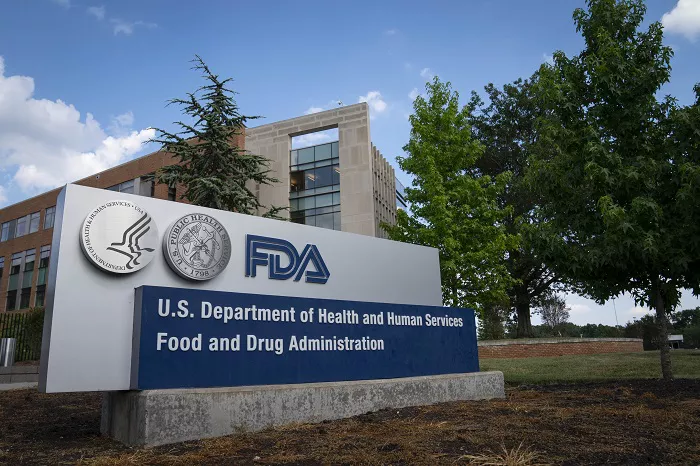In the context of today’s fast – paced lifestyle, high blood sugar has emerged as a significant potential threat to public health. Many individuals lack sufficient awareness of high blood sugar symptoms, often missing the crucial window for early intervention. Therefore, it is of great urgency to have an in – depth understanding of high blood sugar symptoms and master the methods to control blood sugar spikes.
High blood sugar manifests through a variety of symptoms, many of which are easily overlooked. Common symptoms include frequent thirst. This occurs because the body attempts to excrete excess sugar through urination, leading to water loss and subsequently stimulating the thirst center. Unusual hunger is also prevalent. Even shortly after a meal, since body cells are unable to effectively utilize glucose for energy, the body continues to send hunger signals. Additionally, frequent urination, blurred vision, and fatigue are also possible signs of high blood sugar. Some patients may experience slow wound healing and skin itching, all of which indicate abnormal blood sugar levels in the body.
Thankfully, there are numerous ways to effectively control blood sugar spikes. Diet plays a crucial role. A balanced diet is essential. Reducing the intake of refined carbohydrates and added sugars, and choosing whole grains, vegetables, and fruits rich in dietary fiber can slow down the absorption of carbohydrates, preventing a rapid rise in blood sugar. Regular exercise is another effective means of controlling blood sugar. Engaging in at least 150 minutes of moderate – intensity aerobic exercise, such as brisk walking, swimming, or cycling, per week can enhance insulin sensitivity and help the body utilize glucose more efficiently. Moreover, maintaining adequate and regular sleep, as well as managing stress levels and avoiding long – term anxiety and tension, also contribute to blood sugar stability. For those who have already been diagnosed with high blood sugar or diabetes, following medical advice, taking medications or injecting insulin on time, and regularly monitoring blood sugar are key measures to control the progression of the condition.
Health experts emphasize that early identification of high blood sugar symptoms and timely intervention are crucial for preventing diabetes and its complications.
Related topics:





























